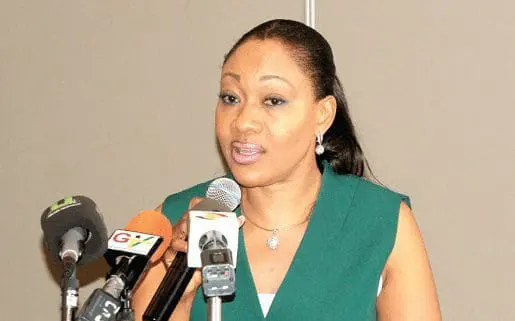A Call for Electoral Integrity in Ghana’s Anyako Electoral Area
The democratic process in Ghana faces a critical test in the Anyako electoral area, part of the Keta Municipality in the Volta Region. Mr. Gilbert Korbla Keklie, a concerned citizen, has petitioned and subsequently issued a reminder notice to the Electoral Commission (EC) of Ghana, urging them to adhere to the law and hold a by-election. This action stems from the elevation of Mr. Wisdom Seade, the former Assembly member for Anyako, to the position of Municipal Chief Executive (MCE). Mr. Keklie’s petition, grounded in Sections 18 (5) and (7) of the Local Governance Act, 2016 (Act 936) as amended, highlights the legal vacuum created by Mr. Seade’s promotion and the urgent need to fill the resulting representational gap. This case underscores the importance of adherence to established electoral procedures and the role of vigilant citizens in upholding democratic principles. The EC’s response, or lack thereof, will be a significant indicator of its commitment to free and fair elections.
Mr. Keklie’s persistent efforts to engage the EC underscore the significance of citizen participation in safeguarding electoral integrity. His initial petition, submitted in August 2025, outlined the lack of representation for the Anyako electoral area following Mr. Seade’s appointment as MCE. The subsequent reminder notice, dated September 8, 2025, not only reiterates the legal basis for the by-election but also emphasizes the importance of timely action to restore full representation for the people of Anyako. Mr. Keklie’s advocacy extends beyond this specific case, reflecting a broader commitment to good governance, anti-corruption efforts, and the protection of human rights. His actions serve as a model for civic engagement and demonstrate the power of individual citizens to hold institutions accountable.
The crux of Mr. Keklie’s argument rests on the Local Governance Act, 2016 (Act 936), specifically Sections 18 (5) and (7). These sections delineate the responsibilities of local government officials and the procedures for addressing breaches of the law. By referencing these specific legal provisions, Mr. Keklie underscores the mandatory nature of holding a by-election when a vacancy arises in a representative position. His meticulous approach aims to ensure that the EC adheres to the letter of the law and upholds the democratic rights of the constituents in the Anyako electoral area. The EC’s response will reveal its commitment to interpreting and implementing the law impartially.
The vacancy in the Anyako electoral area arose from Mr. Wisdom Seade’s elevation to the MCE position. While this appointment is itself a legitimate part of the political process, it triggers a legal obligation to hold a by-election to fill the resulting vacancy in the Assembly. Mr. Seade’s resignation from his Assembly member position, submitted to both the EC and the municipal assembly, further solidifies the need for a by-election. The EC’s possession of both the resignation letter and Mr. Keklie’s petition strengthens the case for prompt action. Any delay in conducting the by-election could be interpreted as a disregard for the legal framework governing local governance and electoral processes.
The situation in Anyako presents the EC with a clear opportunity to demonstrate its commitment to upholding the principles of democratic representation. By acting swiftly and decisively to schedule a by-election, the EC can reaffirm its role as a neutral arbiter of electoral processes. Failure to do so would not only disenfranchise the residents of Anyako but also cast doubt on the EC’s impartiality and commitment to the rule of law. The outcome of this case carries significant implications for the broader electoral landscape in Ghana, setting a precedent for future instances of vacancies in local government positions.
The EC’s handling of Mr. Keklie’s petition will be closely scrutinized by observers both within Ghana and internationally. A transparent and timely response, culminating in the scheduling of a by-election, would reinforce confidence in the EC’s commitment to free and fair elections. Conversely, any undue delay or refusal to act would raise serious concerns about the integrity of Ghana’s electoral system. The EC’s decision will ultimately determine whether the democratic rights of the people of Anyako are upheld and will send a powerful message about the importance of adherence to the rule of law in Ghana’s political landscape. This case serves as a litmus test for the health of Ghana’s democracy and the strength of its institutions.














